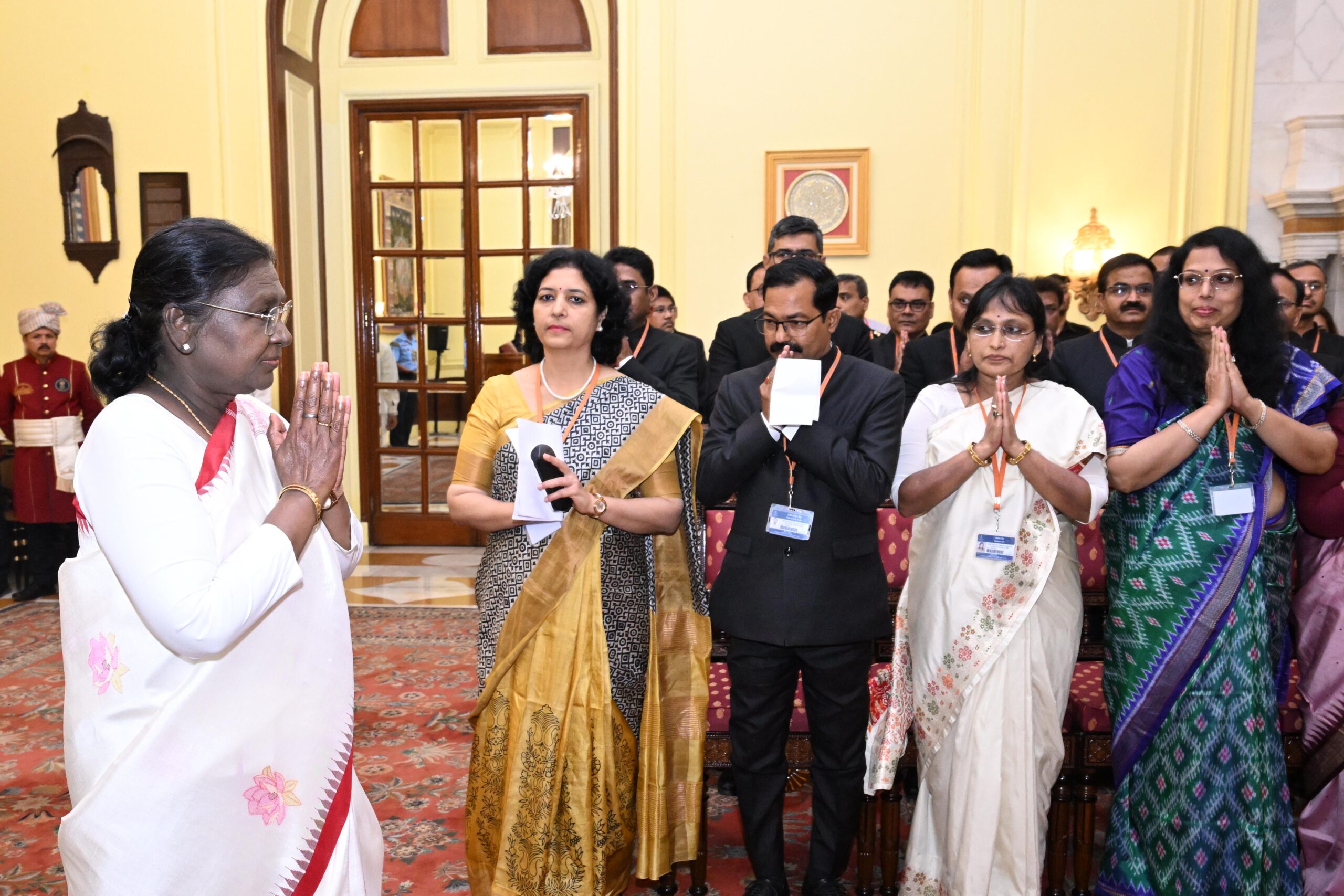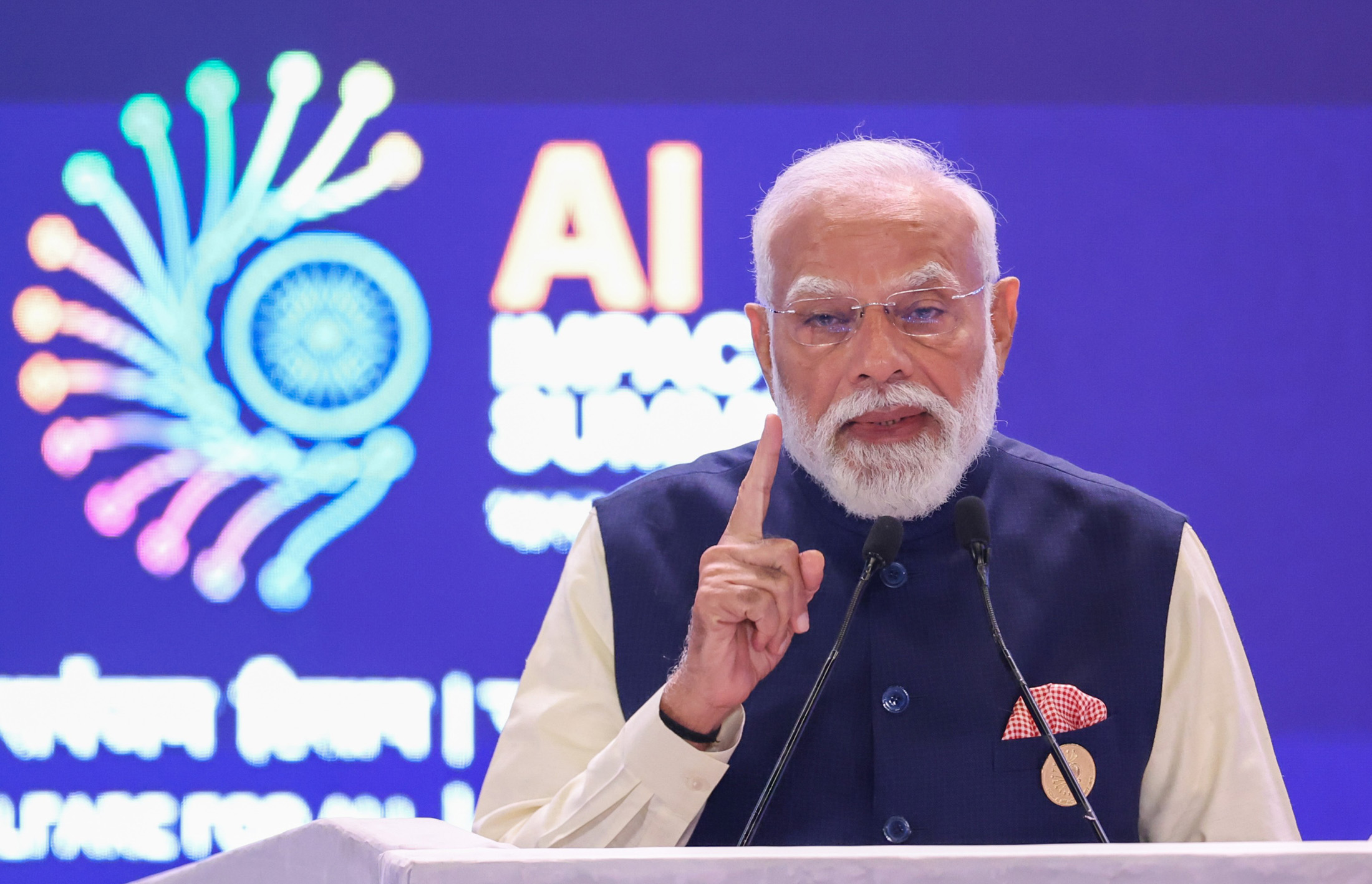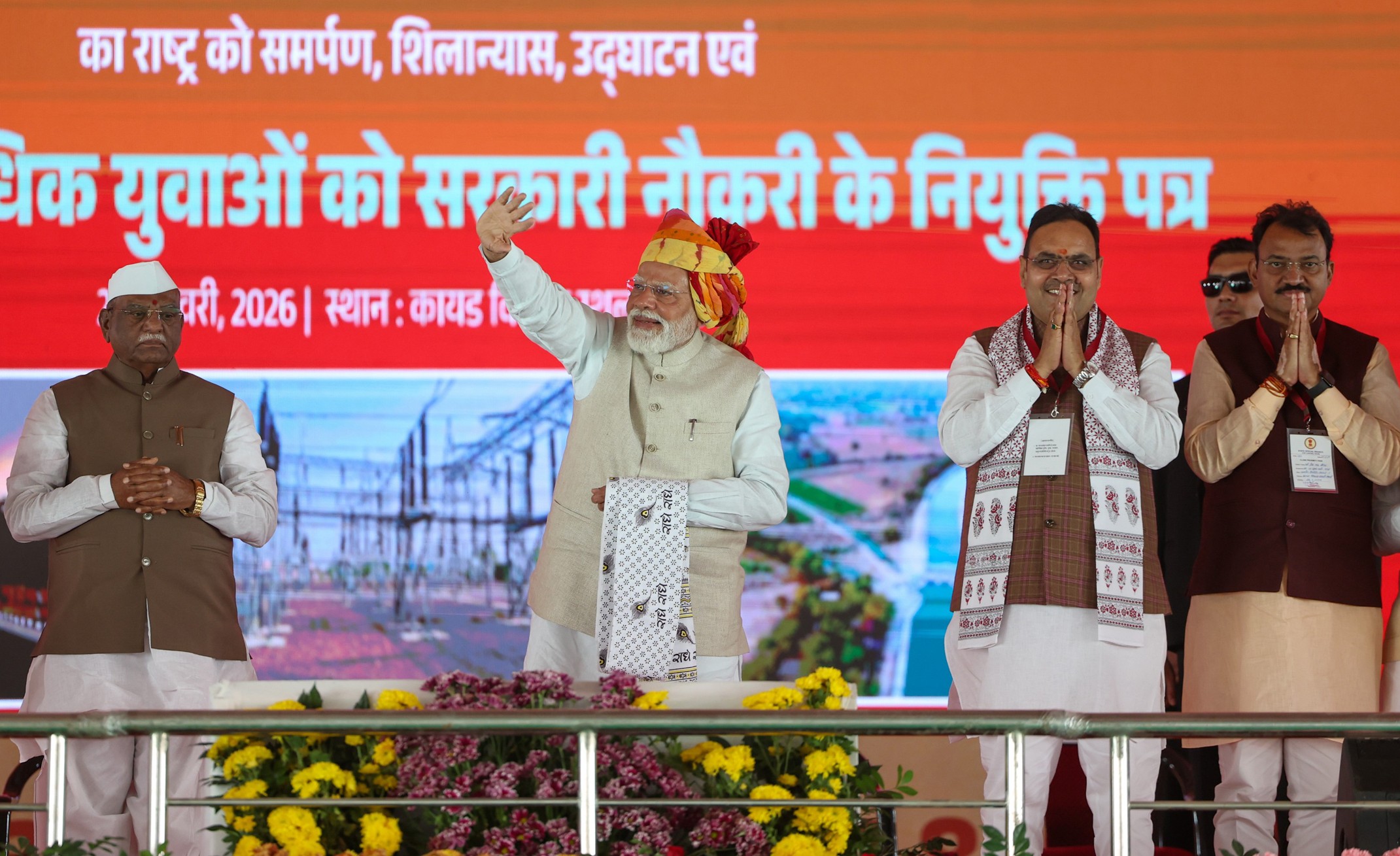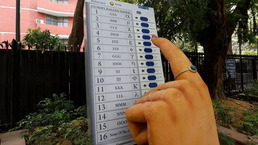Hyderabad, September 3: High Court advocate and BRS legal cell counsel Lalitha Reddy questioned the validity of the Justice PC Ghose Commission report on the Kaleshwaram Lift Irrigation Project (KLIP), arguing it is “vitiated by bias, procedural lapses and political motivations” and should not be used to trigger punitive or investigative action against former Chief Minister K. Chandrashekar Rao or former Irrigation Minister T. Harish Rao.
Citing para 8 of the Government Order that records the Assembly’s decision “basing on the NDSA report and the Commission report,” Lalitha Reddy said any further steps anchored to the Ghose document would violate due process while legal challenges to the report are pending before the Telangana High Court.
Key contentions raised by Advocate Lalitha Reddy
Lack of proper procedure: The Commission did not follow established norms for inquiries—“no transparent methodology, no comprehensive public hearings, and no due process in evidence collection.”
Insufficient technical rigor: For a highly technical project, the panel allegedly failed to consult neutral national/international experts or mandate independent structural audits; findings amount to “selective assessments.”
Predetermined tone & bias: The language and conclusions “read like a political charge sheet,” suggesting a pre-fixed agenda rather than a fact-finding exercise.
Ignoring outcomes: Claimed irrigation gains, groundwater recharge, drinking water supply and livelihood support to lakhs of farmers were not weighed; “selective highlighting of defects” shows bias.
Natural justice concerns: Engineers, contractors and beneficiary farmers were allegedly not given a fair opportunity to be heard, undermining the credibility of the conclusions.
Political motivation: The “timing and tenor” of the report indicate an attempt to discredit the project and its architect (KCR) rather than strengthen KLIP.
“The PC Ghose Commission report on Kaleshwaram stands vitiated by bias, procedural lapses, and political motives… Such a flawed report cannot be the basis for undermining one of India’s largest irrigation lifelines,” Reddy said.
The intervention comes after the Telangana High Court granted interim protection on September 2, directing that no coercive or investigative steps be taken on the basis of the Ghose report until the next hearing on October 7, when petitions seeking suspension of the report itself are slated to be heard.









